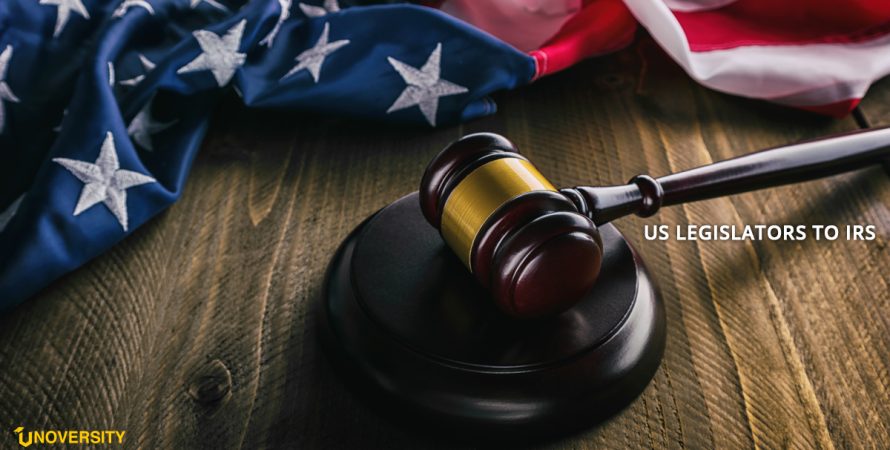Since the emergence of virtual currencies or cryptocurrencies, the regulators of various countries are in a dilemma concerning the legal framework, starting from the Securities Exchange Commission to the Indian Central Bank, RBI, and now the U.S Internal Revenue Service (IRS). Five U.S. legislators have urged the IRS on Wednesday to provide updated guidelines on how taxpayers should report profits that are associated with investing in bitcoin and other cryptocurrencies.
The letter published on the House Ways and Means Committee, the chief tax-writing committee of the United States House of Representatives, website directed to Acting Commissioner David Kautter, calls on the IRS to provide more accurate cryptocurrency taxing scheme than the one it currently enforces.
The letter drafted by the legislators makes a reference to a previously drafted letter that was sent to the IRS on May 17th, 2017. With the same request, more than a year later, the IRS has done little for announcing any guidance to the taxpayers.
“The IRS continues to expand its enforcement activities without issuing any further guidance for taxpayers. We, therefore, write again today to strongly urge the IRS to issue updated guidance, providing additional clarity for taxpayers seeking to better understand and comply with their tax obligations when using virtual currencies,” the letter mentioned.
It continues to read that, since the beginning of cryptocurrencies, the IRS has “struggled” to form a taxation plan to fit cryptocurrencies. Multiple organizations have raised similar concerns that include The Association of International Certified Professional Accountants, the American Bar Association, and the Treasury Inspector General for Tax Administration to the IRS, “to develop a comprehensive virtual currency tax strategy.”
The letter noted that the agency told cryptocurrencies would be taxed as property in 2014. The IRS Commissioner had responded to the letter that was sent in 2017, describing the 2014 notice was a “preliminary guidance,” the lawmakers claim that “to date, the IRS has not issued any additional guidance that taxpayers may rely upon to better understand their tax obligations.” In 2014 bitcoin was traded is a fraction of its current value and many of the other coins had not yet been invented.
The letter also mentions that despite lack of a clear strategy, “the IRS has made enforcement of this guidance a priority, undertaking robust enforcement actions on a number of fronts.” In 2016, the agency summoned Coinbase to gather information on nearly half a million Americans who held virtual currencies from 2013 to 2015. In addition, it started a campaign in July 2018 to target those who have not complied with its orders.
The letter draws the conclusion that the IRS failure to put forth a proper guidance will “severely hinders taxpayers” ability to comply. It calls for “the IRS to expeditiously issue more robust guidance clarifying taxpayer obligations,” arguing that the agency has had four years to work through the issues since its preliminary guidance was issued.
The legislators at the end of the letter request that the IRS to provide the committee additional information by Oct. They also say that the Committee will request the U.S Government Accountability Office to examine the situation.





India works on levying 18% GST on cryptocurrencies